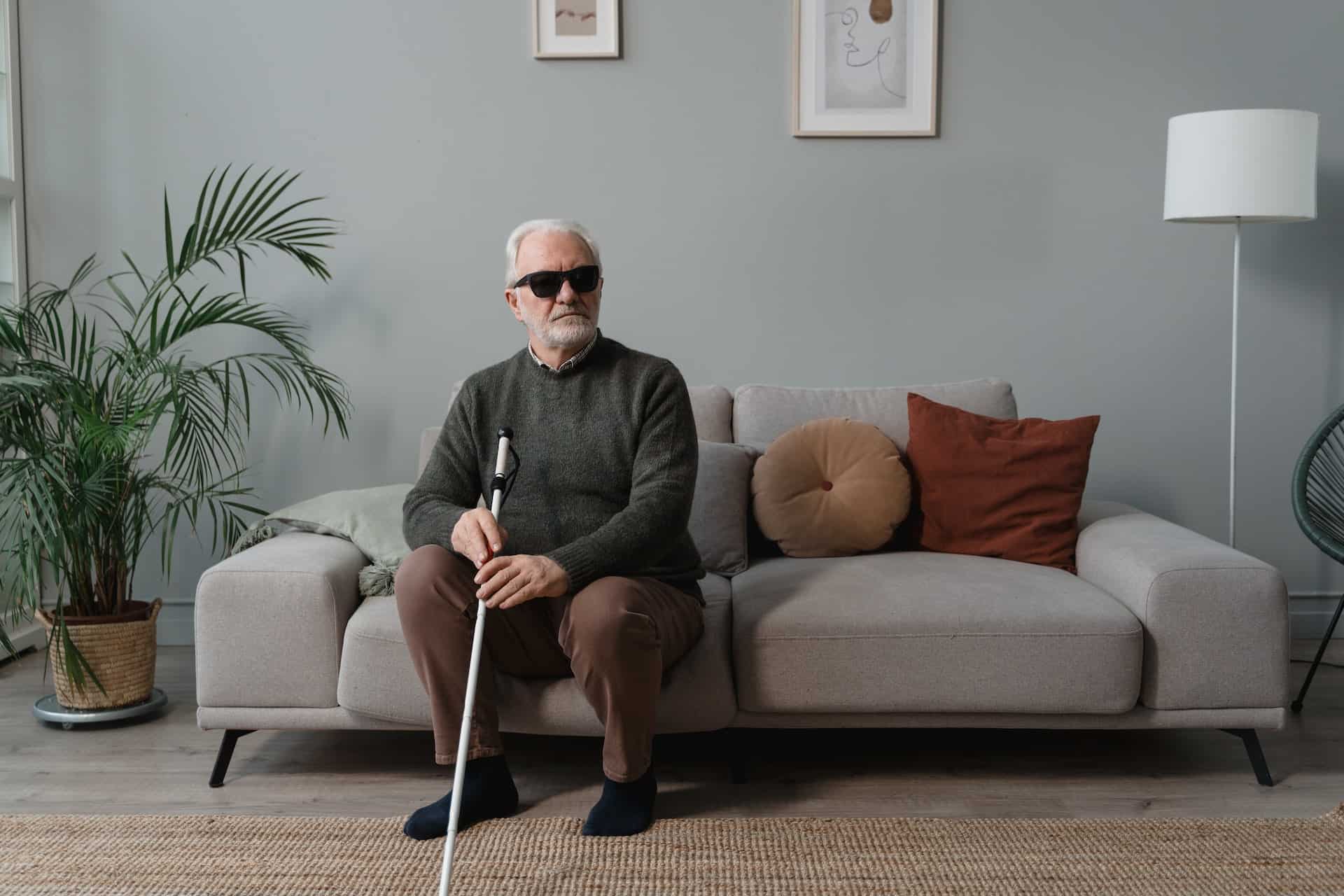Blindness can be caused by many different conditions and diseases. The most common cause of blindness depends upon the age group of the individual as well as other demographic information. Below we explain some of the most common causes of blindness in different age groups.
Blindness in Children
In the developed world, there are fewer children going blind from preventable causes such as measles, rubella, or vitamin A deficiency.
In underdeveloped countries, these are far and away the leading causes of blindness in children and those under eighteen.
However, in developed countries, the leading cause of blindness in children is retinopathy of prematurity.
As healthcare has improved and children born very premature have been able to survive successfully, the prevalence of retinopathy of prematurity has increased.
In this condition, the retina has not had the opportunity to develop completely when the child is born early. As a result, there can be abnormal blood vessels grow in the underdeveloped retina.
For retinopathy of prematurity to cause blindness, usually it has led to a retinal detachment or is a very severe case of the retina not developing normally.
Blindness in Young Adults
In young, otherwise healthy, adults, the biggest cause of blindness is trauma and injuries. Whether the injury is directly to the eye or the entire body (such as a car crash), this demographic is much more likely to develop blindness due to a traumatic event than any particular condition.
Between the ages of eighteen and fifty, there are several conditions which can develop and result in blindness, but these conditions are all relatively rare.
Among these rare conditions are retinitis pigmentosa and similar conditions, Stargardt’s Disease, and Best’s Disease.
All of these conditions are related to a genetic anomaly that causes damage in the retina which is slowly progressive from birth or an early age.
These conditions typically amount to the most damage in the fourth or fifth decade of life and can cause blindness at this point.
Blindness in Older Adults
In adults over fifty, the leading causes of blindness become progressive eye conditions such as glaucoma, diabetic retinopathy, and macular degeneration.
As the aging process continues, there are more and more opportunities for chronic conditions to slowly amount to blindness.
Glaucoma, for example, is usually present up to twenty years before it causes permanent blindness and in most cases is now able to be detected and prevented from causing blindness.
The visual changes from glaucoma are very slow and too gradual to appreciate directly until central vision is impacted and blindness is near.
Diabetes and diabetic retinopathy are a growing cause of blindness due to the increased prevalence of diabetes in younger people.
The biggest risk factor for blindness from diabetic retinopathy is the length of time which someone has had diabetes, so if more individuals develop diabetes earlier, there will be more cases of blindness from diabetic retinopathy.
Macular degeneration is considered a major risk for elderly people when evaluating risks for blindness. Macular degeneration can develop and progress quicker than glaucoma and may cause permanent central vision loss and blindness within a few years of diagnosis.
Risks of Blindness
No matter the age, blindness is an extreme outcome that is near the worst outcome for any condition.
There are treatments available for most conditions that allow at least some vision to be preserved and avoid total blindness.





